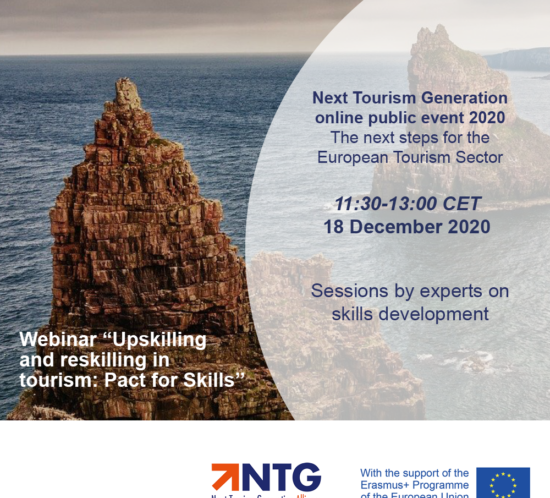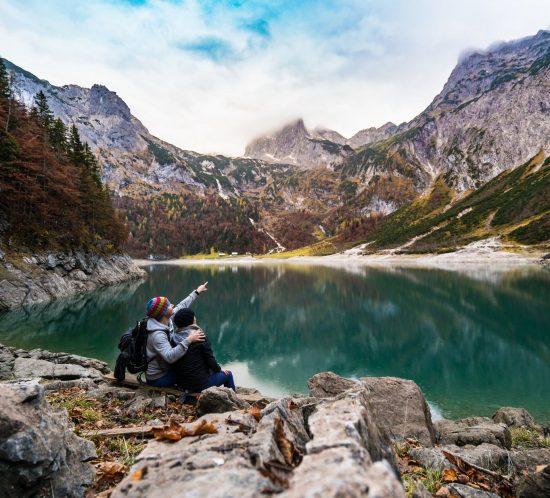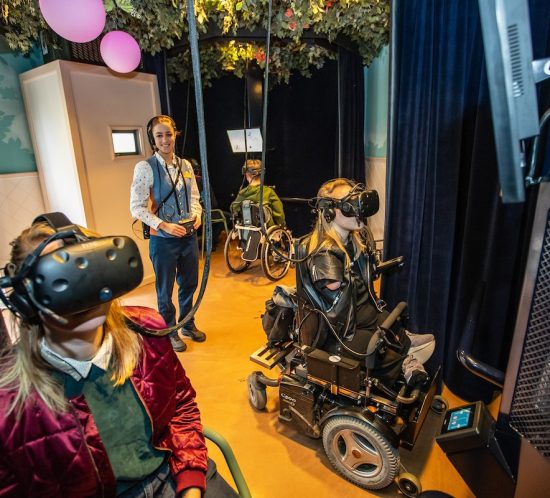Celebrating youth: preparing the tourism workforce for a digital and sustainable future
A growing body of evidence-based research indicates that education and training, when supported at the macro level, are important means of enhancing youth employability. Young people need relevant skills, knowledge, competencies, and aptitudes to help them obtain jobs and establish career paths. As the demand for skilled labor rises owing to globalization, technological advancements, and the changing organization of work, quality education, and appropriate training will be key to addressing employment challenges.READ MORE












